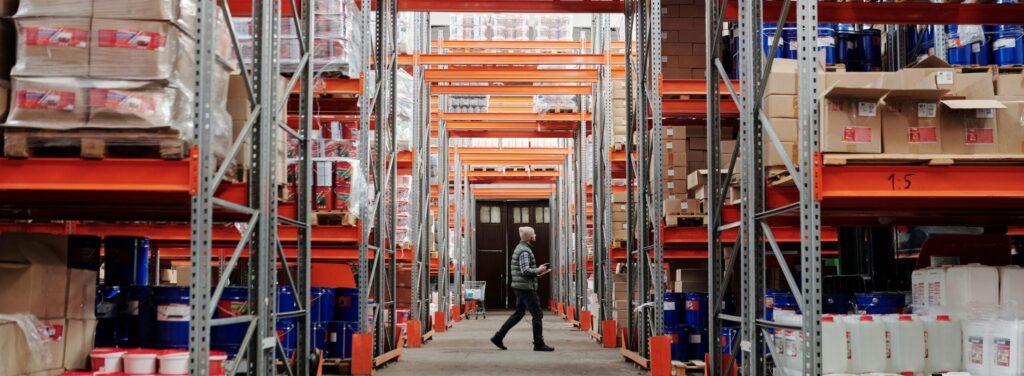What Does It Mean to Buy an Established Business?
Buying an established business means acquiring a company that is already operational, profitable, and has an existing customer base, supply chain, and brand reputation. Instead of starting from scratch, you take over a business with a proven track record.
Benefits of Buying an Established Business
1. Reduced Risk Compared to Startups: Starting a business from scratch comes with uncertainty. Despite the best planning, statistics show that 20% of new businesses fail within the first year, and 50% fail within five years. Buying an existing business minimizes these risks because you acquire a working model with existing revenue streams and customers.
2. Immediate Cash Flow: One of the biggest challenges for startups is cash flow.
 Research indicates that 82% of business failures are due to cash flow problems. Established businesses already have revenue, ensuring immediate cash flow from day one.
Research indicates that 82% of business failures are due to cash flow problems. Established businesses already have revenue, ensuring immediate cash flow from day one.
3. Existing Customer Base & Brand Recognition: An existing business comes with a loyal customer base and brand awareness, reducing the need for costly marketing efforts. Retaining existing customers is much easier than acquiring new ones, giving you a head start in maintaining steady revenue.
4. Established Supplier & Vendor Relationships: A successful business thrives on solid supplier and vendor relationships. When you purchase an established business, these relationships are already in place, eliminating supply chain disruptions and negotiation hurdles.
5. Trained Employees & Proven Systems: Hiring and training employees from scratch is time-consuming and expensive. Established businesses come with experienced staff who understand the operations, allowing for smoother transitions and continued business growth.
How to Evaluate an Established Business Before Buying
1. Financial Due Diligence:
- Review profit & loss statements, tax returns, and balance sheets.
- Analyze cash flow trends and recurring revenue streams.
- Identify any outstanding debts or financial obligations.
2. Assess Market Position & Competition:
- Research the business's reputation and market share.
- Analyze competitors to understand potential growth challenges.
- Identify any upcoming industry trends that may impact the business.
3. Review Legal & Compliance Aspects:
- Ensure there are no outstanding legal disputes or liabilities.
- Verify necessary licenses, permits, and compliance with industry regulations.
4. Evaluate the Business Operations:
- Understand existing processes, technology, and inventory management.
- Review supplier and vendor contracts for long-term stability.
 Where to Find Established Businesses for Sale
Where to Find Established Businesses for Sale
- Business Brokers & M&A Advisors – Professionals who help connect buyers with vetted businesses.
- Online Business Marketplaces – Websites such as BizBuySell and BusinessBroker.net.
- Networking & Industry Events – Business owners may be looking to sell but have yet to list their business publicly.
Financing Options to Buy an Established Business
- Traditional Bank Loans – Banks offer business acquisition loans based on financial history and creditworthiness.
- SBA Loans – The Small Business Administration (SBA) offers loan programs for qualified buyers.
- Seller Financing – Some sellers offer financing options, allowing you to pay for the business over time.
- Investor Partnerships – Seeking investors to fund the acquisition in exchange for equity.
.
Common Mistakes to Avoid When Buying an Established Business
- Skipping Due Diligence – Failing to review financial records, contracts, and business operations can lead to costly surprises.
- Overestimating Business Value – Ensure the asking price aligns with financial performance and market conditions.
- Ignoring Employee & Customer Transition – Poor transition planning can lead to loss of key employees and customers.
- Underestimating Working Capital Needs – Ensure you have enough funds to manage day-to-day operations post-purchase.

To Conclude
Buying an established business can be a smart investment, reducing risks and providing immediate cash flow. By conducting thorough due diligence and planning a smooth transition, you set yourself up for long-term success. If you’re ready to explore business acquisition opportunities, contact IBEX Beyond today for expert guidance!
